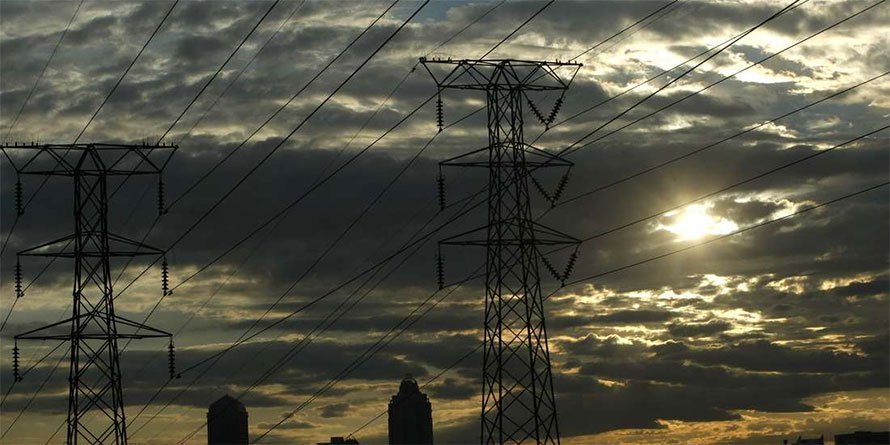High voltage power transmission lines. FILE PHOTO | NMG The government, the majority shareholder of the electricity distribution monopoly Kenya Power, last week appointed a new set of independent directors.
Looking at the composition of the new team, it is clear that an attempt was made to appoint people with knowledge and experience in the subject matter.
The previous board was mainly composed of cronies of influential politicians. Still, the problems at Kenya Power are so deeply ingrained.
I learnt many years ago that Noah of the Old Testament was the greatest financial engineer the World has ever known because he managed to float a company when the whole world was under liquidation. The task before the new team will be gigantic. Indeed, without addressing the company’s structural problems, the appointment of new directors may turn out to be as futile as bringing in a set of new pallbearers hoping they will bring the body back to life.
The priority of priorities in Kenya Power is addressing balance sheet issues. The shareholders must to something very urgently to clean the company’s balance sheet. In South Africa, a national conversation has been going on about a bailout of the state-controlled electricity monopoly- Eskom. It has been proposed that Eskom be bailed out by the pension fund for public sector workers.
It surprises indeed that we in Kenya are yet to appreciate and come to terms with the fact that the financial health of the country’s only power distributor is critical to the health of the economy. Kenya Power is the only power off-taker for both KenGen and for the independent power producers. When it continues to ail, the ramifications are felt across the board.
Apart from balance the sheet, there are broad policy issues on which we must build a national consensus. First, when a commercial State corporation is forced to operate with non-commercial objectives, the taxpayer must pay for the losses by way of a subsidy.
Here are examples. When the government tasks Kenya Power to connect consumers who cannot afford the cost of that power, the State must cover the cost.
Indeed, part of the reason Kenya Power is where it is today is because it — for political reasons — finds it difficult to operate on the basis of full-cost recovery. Failure to subsidise the social tariff has been a big impediment.
What is my point? It is that in appointing new directors, the government has […]
